Buttons and Books: Tips on Historical Research
© 2006 by Faith L. Justice
This is an updated version of an article which originally appeared in Byline Magazine in 2002.
So you want to write a story—a bodice ripper set in the pirate-ridden Caribbean or a murder mystery in a New Jersey inn during the American Revolution or maybe a vampire tale set in medieval Europe. You know the plot and your characters intimately. You’re typing away on the seduction scene when you realize the handsome hero probably doesn’t unzip his pants before ravishing the breathless heroine. But does he unbutton, unbuckle, untie, unwrap? Of course you could finesse this with a sentence like, “He dropped his garments onto the floor.” But it won’t be long before your readers get impatient with generalities because the devil is in the historical details.
The sights, smells, sounds and descriptions of clothes, food, housing and transportation in a different time make the reader suspend disbelief and join whole-heartedly in your fiction. Valerie Anand, who writes historical mysteries (most recently The Siren Queen), under the pseudonym Fiona Buckley makes this point: “When planning a specific book, I read works on the period, and chase up such details as the layout of particular towns, styles of furniture, fashions of the time, laws in force, and technologies which existed then. I use maps a lot. I had my sitting room floor completely carpeted while I tried to work out whether one could or could not ride a horse from one point to another in a single day. I always try to be accurate, because there is always someone out there who will write in and point out your mistakes.”
When you start on a project that requires historical research, it can feel daunting. You don’t even know what you don’t know, much less where to find the answers to your myriad questions—or how much is enough. It’s time to hit the books. If your budget is slim, the best place to start is the local library. Through interlibrary loans, you can get almost any book you need. It’s possible to access library research collections through the internet and have articles emailed to you. The research librarian should become your best friend. Anita Diamant (The Red Tent) made good use of her local university library to research her biblical story of Jacob’s only daughter. “I looked for artifacts about daily life—remedies for disease, what houses in Egypt might have looked like, roads in Canaan. It was easy to get overwhelmed. I had to stop a lot and tell myself that I didn’t need to become an expert on this. I just needed the details that serve my plot.”
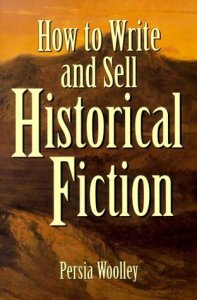 If you like to buy books and keep them handy, one of the first you should acquire is Persia Woolley’s How to Write and Sell Historical Fiction from the Writer’s Digest Books collection. Woolley does a masterful job of sorting through how much fact and how much fiction is appropriate for what kind of tale, how to go about researching your questions and organizing the answers. Another source is the Oxford University Press, “the world’s largest publisher of reference works” with hundreds of historical titles including an excellent series called Handbook to Life in Ancient Egypt (Rome, Greece, etc.) which provides an encyclopedic overview of government, military, religion, trade and everyday life, among other topics. For military research, Osprey Publishing offers hundreds of beautifully illustrated titles from ancient to modern times. Searching on-line bookstores, specialty mail order catalogs, and museum bookstores can also yield a wealth of useful titles. To keep the lid on your book budget, frequent the sale section of your local mega-book store and used bookshops where you can pick up reference works at steep discounts.
If you like to buy books and keep them handy, one of the first you should acquire is Persia Woolley’s How to Write and Sell Historical Fiction from the Writer’s Digest Books collection. Woolley does a masterful job of sorting through how much fact and how much fiction is appropriate for what kind of tale, how to go about researching your questions and organizing the answers. Another source is the Oxford University Press, “the world’s largest publisher of reference works” with hundreds of historical titles including an excellent series called Handbook to Life in Ancient Egypt (Rome, Greece, etc.) which provides an encyclopedic overview of government, military, religion, trade and everyday life, among other topics. For military research, Osprey Publishing offers hundreds of beautifully illustrated titles from ancient to modern times. Searching on-line bookstores, specialty mail order catalogs, and museum bookstores can also yield a wealth of useful titles. To keep the lid on your book budget, frequent the sale section of your local mega-book store and used bookshops where you can pick up reference works at steep discounts.
Although print matter is a good place to start, in today’s world you can’t ignore the Internet. But there are two problems: quantity and quality—too much of the former and not enough of the latter. Unlike books, which have to go through some screening process (in academic circles, that can be quite rigorous), anyone can put anything up on the Net and pass it off as truth. Some universities are not accepting Wikipedia citations as valid for bibliographies or footnotes. Stick to sites sponsored by universities, archeological digs, and professional societies that have some stake in maintaining their reputation for accuracy. Beware of “experts” in chat rooms and on bulletin boards, as well. A safer source is ProfNet, a database created to link journalists with university professors and other expert sources.
Entering a keyword in a favorite search engine (Google, Yahoo, etc.) can yield tens of thousands of hits. That’s where sites like ResearchBuzz.com come in handy with essays on how to do Web research, reviews of search engines, and links to “ask the expert” sites. Google has a Beta search engine called Google Scholar (click on the “more” button at the Google.com home page) that searches professional and scholarly literature. Many newspapers and local government organizations are digitizing their archives and can be a great source of primary material.
With the advent of cable and satellite TV, even couch potatoes can do research on anything from WWII, biographies, and archeological digs to the history of underwear, courtship or plumbing. If you don’t see what you need, search their Web sites for shows on video, companion books, speeches, trivia, and extensive links to other sites related to your historical time period or topic. But again, beware—there is a lot of magical thinking and just plain crap on cable TV—it’s always better to check with a more scholarly source to confirm a fact you pick up on TV or the web.
Researching in books, on the Web, and on TV can turn you into a hermit, so get out of the house! Especially if you’re writing local or more recent history, take advantage of the experts in your own back yard. Christine Wiltz interviewed over one hundred people for her biography of Norma Wallace The Last Madam: A Life in the New Orleans Underworld set primarily in the early half of the Twentieth Century. “I met so many incredible characters and I learned a lot from them. They led fascinating lives but some are very old and not doing well. There are some wonderful materials that just didn’t make it in the book.” If interviewing people seems daunting, go to DoHistory.org, a Website with a case study; downloadable forms; and an excellent series of essays on how to organize a research project, use primary sources (diaries, newspaper accounts, public records), and conduct oral histories.
Visit museums where you can see the art and artifacts of your chosen time period. There’s nothing like seeing a gold torc worn by a Celtic warrior, studying an ancient Egyptian tomb diorama of a slaughterhouse, or wondering at the realistic beauty and sartorial detail of portraits to inspire that specificity that makes your story stand out from the crowd.
Want to visit a tavern like your New Jersey inn, watch a barrel being made, tramp through a whaling ship, get that lace collar on your heroine just right? There are hundreds of historic villages, farms, and ports with working artisans (who live to answer questions) scattered across the world. The American Association for State and Local History has an extensive listing of historical societies at their Web site. Renaissance fairs, reenactments, and local festivals also offer a chance to have fun in the name of research. Believe me, those headless women on the covers of popular books are usually in the wrong dress. You’d do much better talking to reenactors who have studied their characters and handmade their costumes.
The site visit is still the ultimate in historical research. John Jakes, author of the best-selling Kent Chronicles, gave this advice during an iUniverse.com chat, “I travel largely to check out geography: what does the area look like? How’s the weather? Are there hills? How high? Back when I was researching the first of the Kent novels, and didn’t have much money, I decided I had to go to Boston anyway to see all the great Revolutionary War sites…The site of the Boston Tea Party turned out to be an office building with a plaque on it…So I work judiciously between written sources, photos, old engravings, and visits to places if I think it might help fill in details.” For those who can’t afford a trip or don’t want to dodge bullets in a war-torn area, there is always Google Earth to get a feel for the terrain.
If you do plan a site visit, keep in mind that the farther back in time your story, the more likely there will be changes in geography, flora, fauna, commerce, and climate. Woolley in her How to Write and Sell Historical Fiction gives an excellent step-by-step guide on how to get the most out of your trip with everything from contacting local experts to what and how to pack. And don’t forget to keep all your receipts—when you sell your book, they’re tax deductible!
Related links:
The American Association for State and Local History started in 1904 as a department within the American Historical Association. They provide services and assistance to over 5,000 institutions and individuals who work in the field of state and local history. The AASLH site provides links to regional museum groups, state associations, national resource organizations, and state historical societies.
Osprey Publishing specializes in illustrated books on military history with well-researched series from ancient to modern warfare. Its output includes 140 new titles each year and a backlist of over 1500 titles. Osprey’s series such as Men at Arms, Campaign and Fortress are world famous and essential reading for military enthusiasts.
Oxford University Press—”the world’s largest publisher of reference works”—has a well organized site featuring general reference works such as Oxford Companions, illustrated histories, anthologies, atlases, encyclopedias, and scholarly and professional works on almost any historical topic imaginable.
ResearchBuzz is designed to cover the world of Internet research by providing daily updates on search engines, new data managing software, browser technology, Web directories and more. Sign up for a free weekly newsletter at the site or search past archived issues on Web research techniques.
ProfNet created a collaboration of information officers linked by the internet to give journalists and writers free, convenient access to expert sources. They have sources in organizations of every type in North America and Europe—colleges, universities, corporations, think tanks, laboratories, medical centers, non-profit organizations, government agencies, and PR agencies.
DoHistory is built around an interactive case study of an 18th Century midwife. Go to the “on your own” section for an excellent series of essays on how to organize a research project, use primary sources (diaries, newspaper accounts, public records), and conduct oral histories. Many of the essays contain downloadable forms.
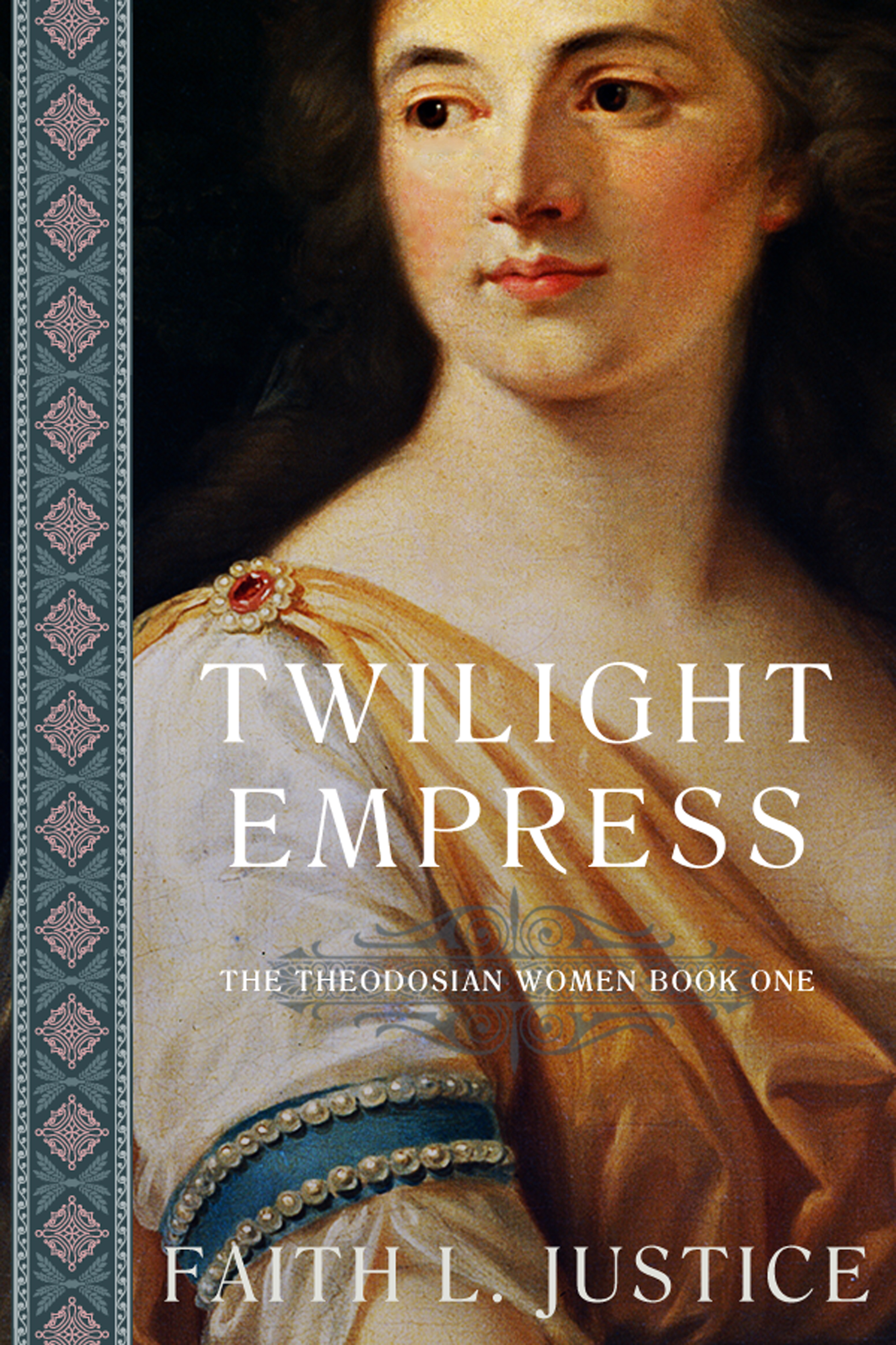
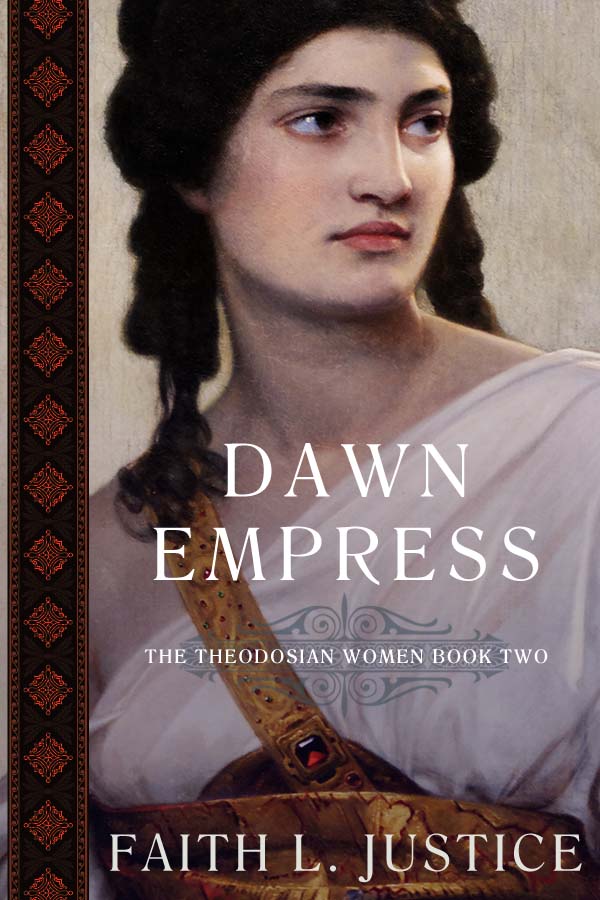
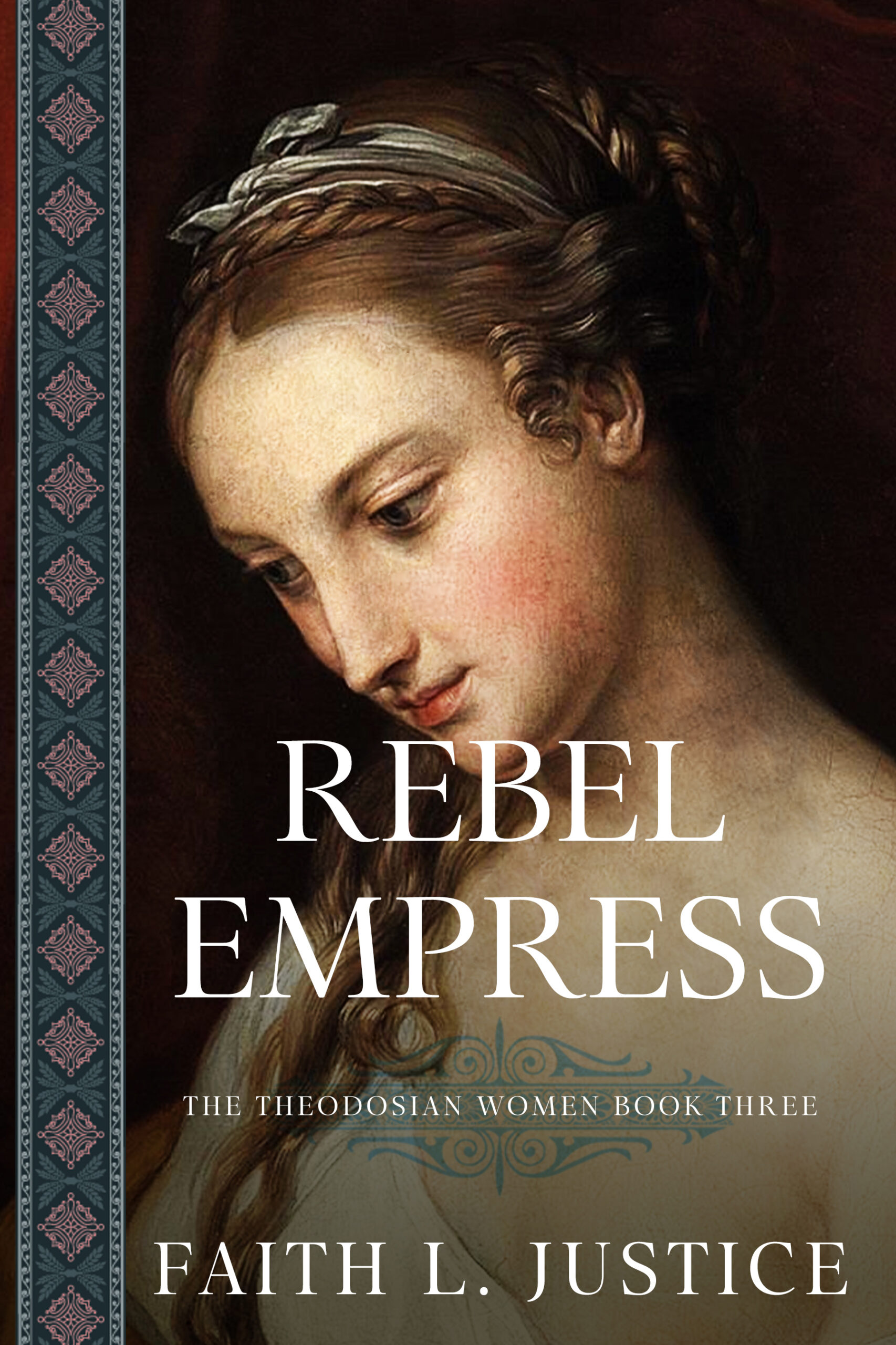
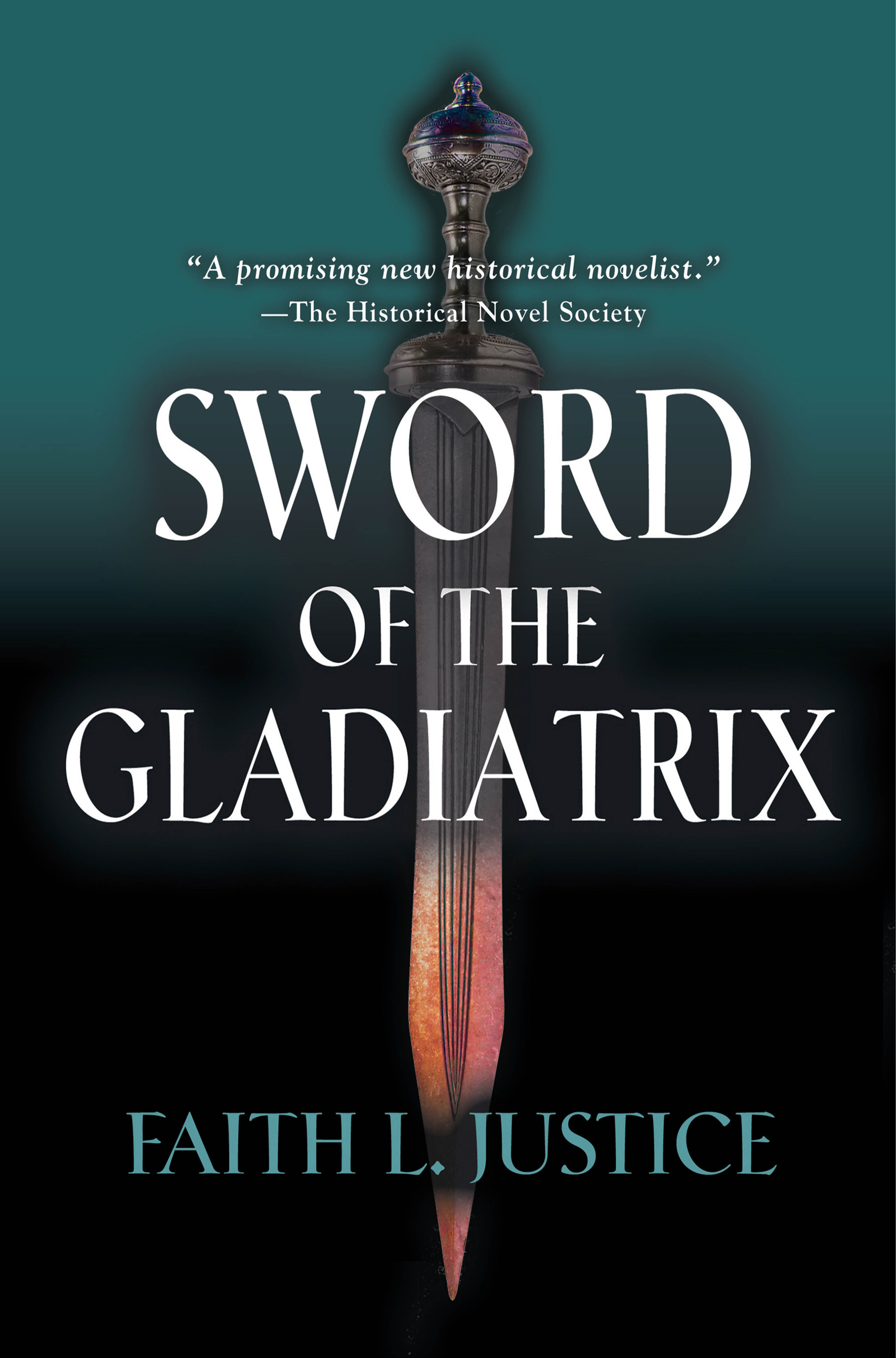

0 Comments